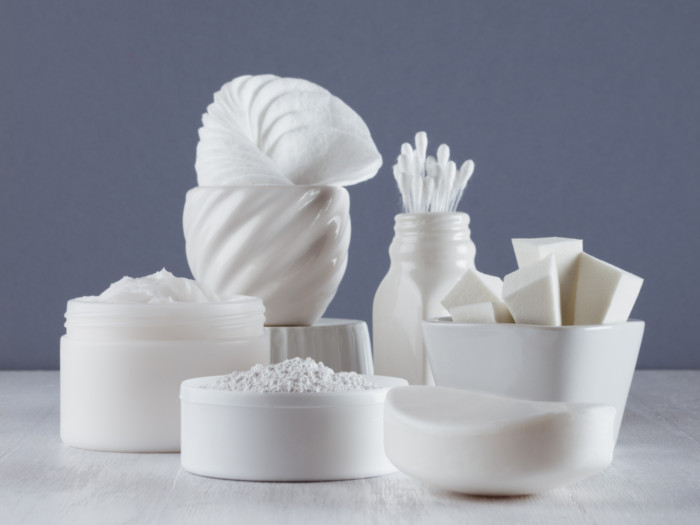Many people are unaware of the main marine collagen benefits, but it can represent a great boost to your skin health and various internal processes!
Marine Collagen
Marine collagen is collagen that is sourced from marine life, usually fish scales or skin, rather than a bovine source. It is often found in the form of collagen peptides. Collagen peptides, also known as hydrolyzed collagen, are a form of collagen processed so that it is soluble in cold water and easily digestible. Collagen is a protein that is critical to the elasticity and regeneration of connective tissues in the body, such as tendons, ligaments, bone, and skin. The body naturally produces collagen itself, but as we age, collagen production slows, which can lead to signs of aging like saggy skin or aching joints. [1]
Many people take collagen peptides as a daily supplement, and marine collagen is widely considered the best source for many reasons.

Marine collagen is eco-friendly & sustainable as it uses parts of the fish that are normally thrown away. Photo Credit: Shutterstock
Marine Collagen Benefits
The most important benefits of marine collagen are as follows.
More Effective Absorption
Marine collagen has the smallest supplemental collagen molecules available. This allows the collagen to be easily absorbed through the intestine wall so that it can enter the bloodstream, and be more efficiently used by the body. [2]
Type 1 Collagen
Marine collagen is almost entirely composed of Type 1 collagen and the vast majority of collagen used in the body is Type 1 collagen. Type 1 collagen is an essential ingredient for strong ligaments, bones, skin, fascia, muscles, and teeth. A study conducted by Sarah E.Catheline, Eric M. Schott and Qurratul-ain Dar et al., at the University of Rochester Medical Center in Rochester, NY, demonstrated that Type 1 collagen was effective in reducing pain and damage from osteoarthritis. [3]
Good Source of Amino Acids
Marine collagen provides eight of the nine essential amino acids the body requires. It is a great source of proline and glycine, amino acids that are important for the regulation of glucose, building muscle, and protecting cells from free radicals. Proline also helps the body synthesize more collagen on its own. [4]
Side Effects of Marine Collagen
People who are allergic to fish or shellfish, pregnant, or nursing should not use marine-sourced collagen products. Furthermore, if you are being treated for any other conditions, or are on medications, be sure to speak with your doctor to ensure that there won’t be any contraindications or negative interactions.
